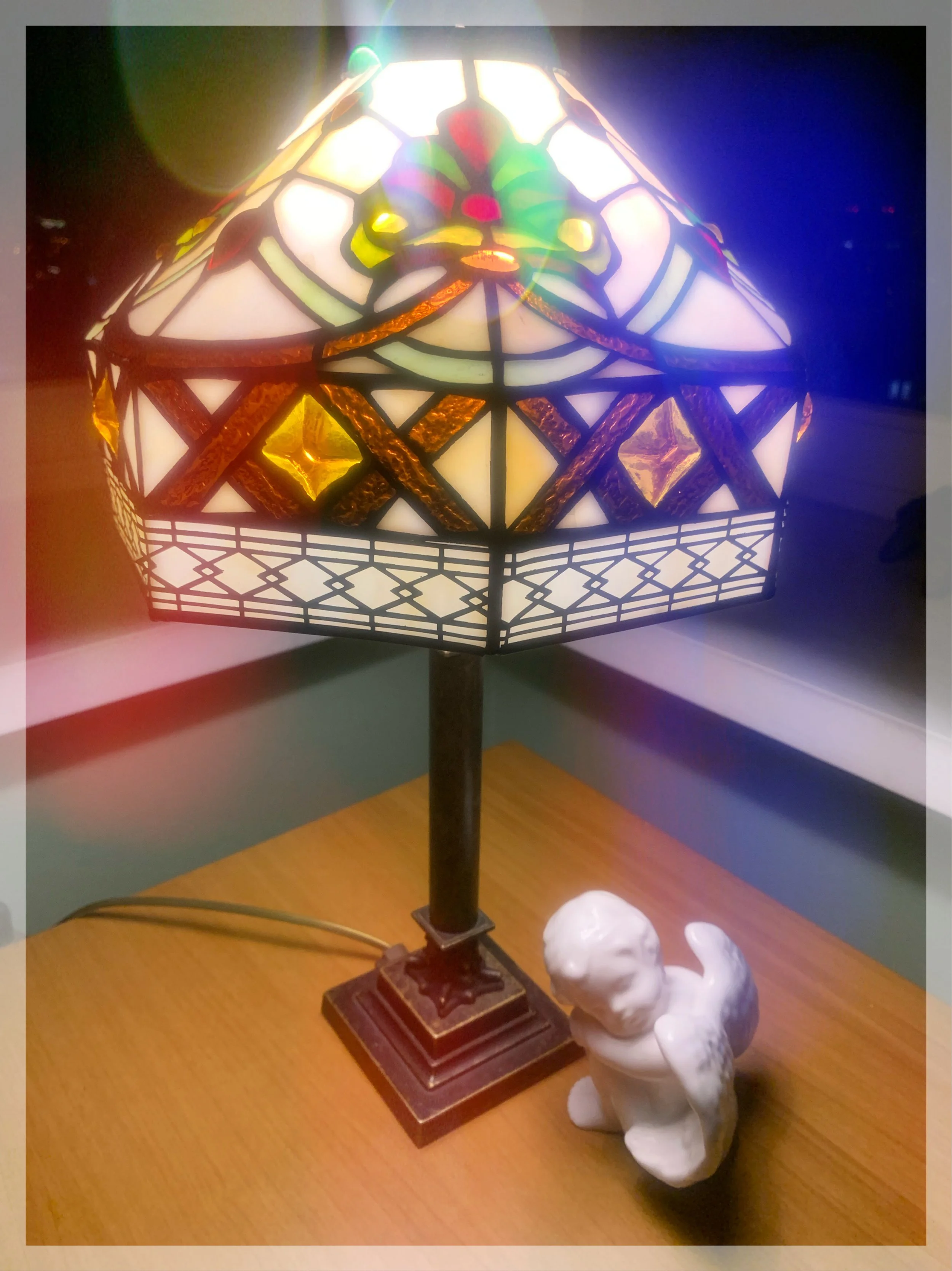Let's say you stumbled upon a rock. Did it intend to harm you? Nope. Your paths crossed by chance. No one's at fault.
In business, a similar scenario is perceived differently. The CEO suspects a saboteur among top managers. He tears into every idea, plants seeds of doubt among colleagues— in short, he hurts the company in every way.
But in 99 out of 100 cases, the manager has no ill intentions. More likely, he genuinely wants your company to thrive.
But hold on, why on earth is he throwing a wrench in the works?
Most likely, he's simply not on the same page as you. He passionately approaches a future, which is foreign to you as a CEO. Both of you want the company's good, but you have Good X, and he has Good Y.
How did it come to this? There was a glitch in the hiring process. No one asked, "Our company is multiplying X. Are you interested or not?" Without that, friction and conflicts are inevitable.
Guessed the root cause already? Nobody in the company talks about X, despite office slogans and PowerPoints. Only the founder/CEO knows, but sadly, he keeps mum.
Sincerely yours,
-Alexander
About me:
As a business therapist, I help tech founders quickly solve dilemmas at the intersection of business and personality, and boost company value as a result.
How can I help you?
If you've long been trying to understand what is limiting you and/or your business and how to finally give important changes a push, then The Catalyst Session is designed specifically for you. Book it here.





















